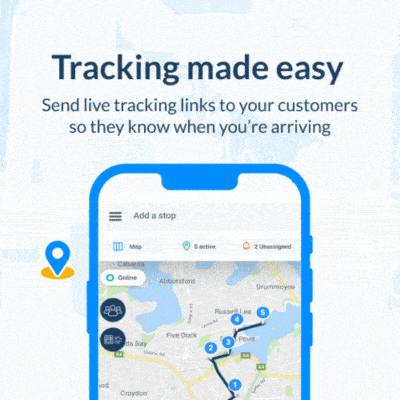Hyzon (NASDAQ: HYZN) has confirmed it’s pulling out of Europe and Australia, and there are concerns about the impact this will have on sustainability efforts.
The American-based hydrogen fuel cell specialists started a pilot program down under. Hyzon had big plans for transit buses in Brisbane, tow trucks in Victoria, and severe-duty trucks in Queensland.
The manufacturer and global supplier of high-performance hydrogen fuel cell systems focuses on providing zero-emission power to decarbonize the most demanding industries.
How does hydrogen technology work?
Fuel cells use hydrogen to convert hydrogen gas and oxygen into electricity. This electricity powers the electric motor that moves a vehicle.
It emits only tailpipe water vapor and heat instead of toxic gases, sidestepping harmful greenhouse gas emissions.
Australia’s limitations
Hydrogen technology is gaining popularity, but its availability in Australia is limited. Currently, only two models are approved for use: Toyota and Hyundai.
While the Australian government has been making good efforts since July 2022 to support hydrogen vehicle projects, it seems to have changed.
Hyzon says the government support for fuel cell-powered transportation in Europe and Australia has “waned.” This includes the “disbandment” of hydrogen subsidies in many European countries.
Australia’s sustainability efforts in logistics
Logistics firm ANC has just announced it’s secured $45 million in funding to help owner-drivers convert to electric trucks and vans. With financial backing from the Australian Renewable Energy Agency (ARENA), the ANC aims to speed up the electrification of delivery fleets in the transport sector.
The project will see 112 electric vehicles and charging stations in Australia.
ALSO READ: Unlocking hydrogen’s potential: Trends to watch in 2024
Why is Hyzon leaving Australia?
“This was a complex and difficult decision,” says Hyzon CEO Parker Meeks. The group intends to “maintain the potential” to return to Europe and Australia later.
For now, given the technology’s challenges in emerging markets, Hyzon wants to focus on its efforts in the North American market.
4 benefits of hydrogen fuel cell vehicles
According to the Climate Council, transport in Australia is a fast-growing source of climate pollution. It’s contributing more than 22% of the national total.
Switching to hydrogen fuel cells could slow down this pollution by:
- Zero emissions: Producing only water vapor and heat as byproducts.
- Long range: Fuel cell-driven vehicles can travel long distances on a single refuel, making them more suitable for long-distance transport.
- Lightweight: It’s lighter than the batteries used in electric vehicles. This is great for the suitability of fleet and heavy vehicles.
- Fast refueling: Hydrogen fuel cells can refuel in less than 5 minutes.
NOW READ: Australian logistics giant helps ‘owner drivers’ go electric
Share this article
About the author
Mia is a multi-award-winning journalist. She has more than 14 years of experience in mainstream media. She's covered many historic moments that happened in Africa and internationally. She has a strong focus on human interest stories, to bring her readers and viewers closer to the topics at hand.














